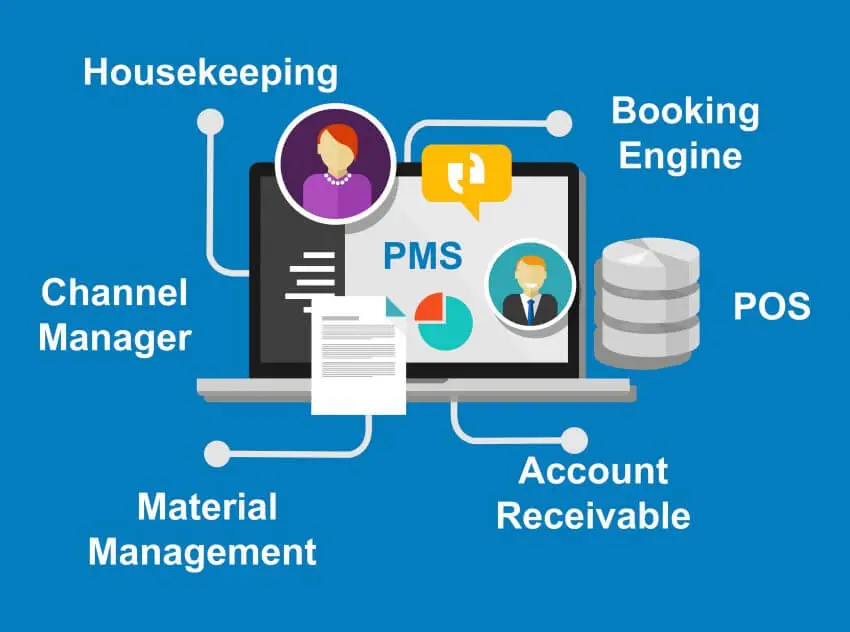How to Find the Best Divorce Attorney for Your Case
Going through a divorce can be an emotionally and financially challenging time. When facing such a life-changing event, having the best divorce attorney by your side is essential. A skilled and experienced divorce attorney can guide you through the legal complexities, help protect your interests, and ensure a fair resolution. In this guide, we will discuss key steps to find the right divorce attorney for your case, ensuring you have the legal support needed to move forward.
Why Choosing the Right Divorce Attorney Matters
Choosing the right divorce attorney is crucial because they will be responsible for advocating your interests in court, helping with negotiations, and making sure that your legal rights are protected throughout the divorce process. An experienced attorney will provide you with professional guidance, reduce stress, and help you make informed decisions, which ultimately leads to a better outcome for you and your family.
Steps to Finding the Best Divorce Attorney
1. Identify Your Needs and Priorities
Before you begin searching for a divorce attorney, take time to identify your needs and priorities. Are you looking for a lawyer who is aggressive in protecting your assets, or do you need someone skilled in handling child custody arrangements? Understanding your goals will help you find an attorney who specializes in the areas relevant to your case.
2. Conduct Thorough Research
Start by researching divorce attorneys in your area. Look for attorneys who have experience handling divorce cases similar to yours, whether it involves complex asset division, high-net-worth divorce, child custody disputes, or spousal support issues. Online reviews, referrals from friends or family, and lawyer directories can be helpful for finding qualified professionals.
3. Check Their Credentials and Experience
It’s important to check the credentials of any potential divorce attorney. Verify that they are licensed to practice law in your state and check their years of experience in family law. Ideally, they should have a track record of successful outcomes in divorce cases, particularly those that resemble your situation.
4. Schedule Consultations with Potential Attorneys
Once you’ve identified a few promising candidates, schedule consultations with them. Most divorce attorneys offer free initial consultations, which will give you the opportunity to ask questions about their experience, approach to divorce cases, and legal strategies. This meeting also allows you to assess their communication style and determine whether they are a good fit for your needs.
5. Consider Their Approach to Communication
Communication is key when working with a divorce attorney. During the consultation, pay attention to how well they listen to your concerns and how clearly they explain complex legal concepts. It’s important that you feel comfortable discussing sensitive matters with them and that they respond promptly to your calls or emails.
6. Evaluate Costs and Payment Structure
Divorce attorneys charge in different ways, whether through hourly rates, flat fees, or retainer agreements. Make sure you understand their fee structure before proceeding. While the cost of legal representation is an important consideration, it’s crucial not to choose an attorney solely based on price. Instead, focus on the value they offer, their experience, and the level of service they provide.
Key Factors to Consider When Choosing a Divorce Attorney
| Factor | Considerations |
|---|---|
| Experience | Look for an attorney who specializes in divorce law and has handled similar cases. |
| Communication Skills | Ensure the attorney listens to your concerns and communicates clearly. |
| Approach to Divorce | Choose an attorney whose approach aligns with your needs (e.g., aggressive or collaborative). |
| Cost and Payment Terms | Understand the attorney's fee structure and overall cost. |
| Reputation and Reviews | Research the attorney’s reputation through online reviews and client testimonials. |
Common Divorce Issues Handled by Attorneys
- Asset Division: Dividing marital assets, such as property, savings, and investments.
- Child Custody and Support: Determining living arrangements for children and calculating child support.
- Spousal Support: Addressing alimony and spousal maintenance.
- Complex Divorce Cases: For divorces involving significant wealth, businesses, or multiple assets.
- Modification of Divorce Orders: Adjusting agreements related to child custody, spousal support, etc.
Questions to Ask During Your Divorce Consultation
- How many years of experience do you have in handling divorce cases?
- What is your approach to divorce cases—do you prefer a collaborative or litigated approach?
- How do you communicate with clients, and what is your response time?
- What is your fee structure, and do you offer payment plans?
- Have you handled cases similar to mine, and what was the outcome?
Conclusion: Finding the Right Divorce Attorney
Choosing the best divorce attorney is crucial for ensuring a smooth and favorable divorce process. By identifying your needs, researching potential attorneys, and considering factors like experience, communication, and cost, you can make an informed decision. The right attorney will help you navigate the complexities of divorce, protect your interests, and provide the support you need during this challenging time. Remember, your choice of lawyer can significantly impact the outcome of your case, so take the time to find the best fit for your situation.
Explore

How to Choose the Right Family Law Attorney for Your Case

How to Find the Best Birth Injury Lawyer for Your Case: A Complete Guide

How to Choose the Best Personal Injury Lawyer for Your Case

Case Study: How U.S. Hotels Increased Efficiency with Advanced Management Software

Guide To Finding The Right Mesothelioma Attorney

Best Workers' Comp Attorney & Lawyers in the USA 2025

How To Find Affordable Roofing Service In Your Area

Find the Best Tax Services Nearby to Get Your Taxes Done
